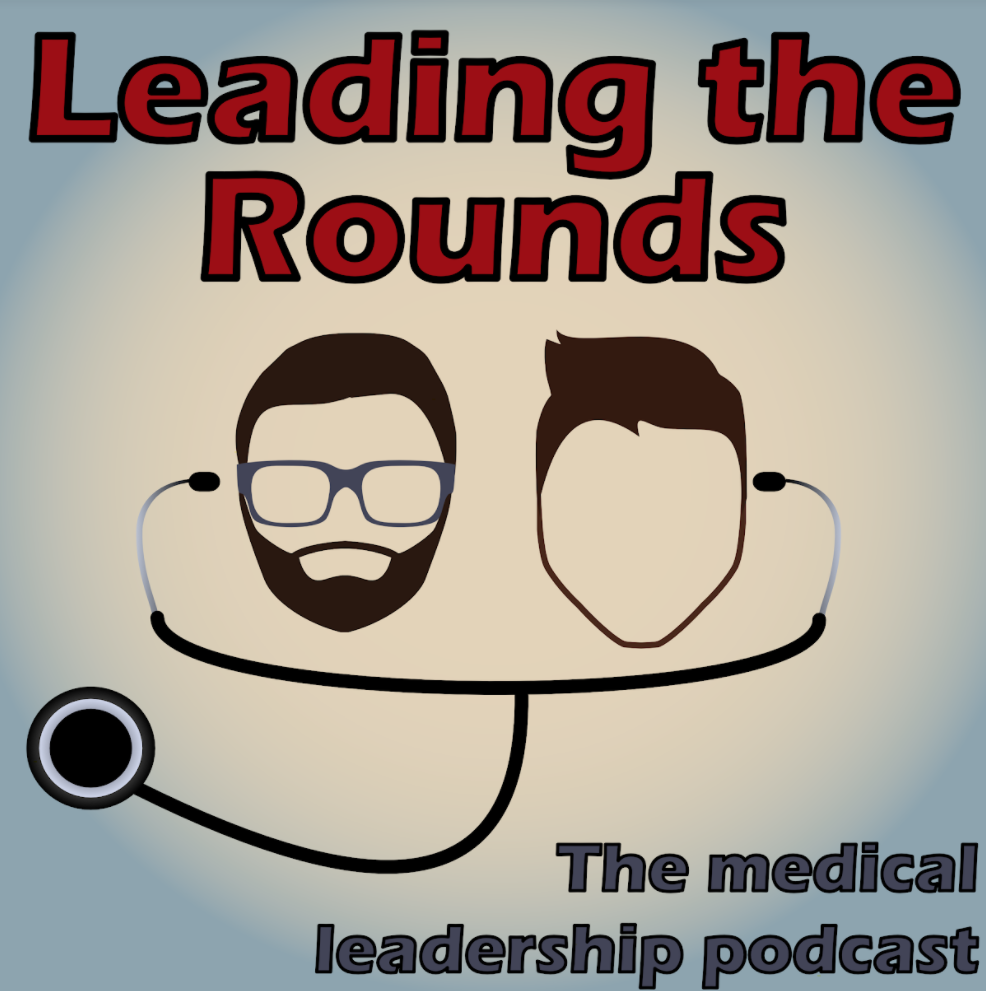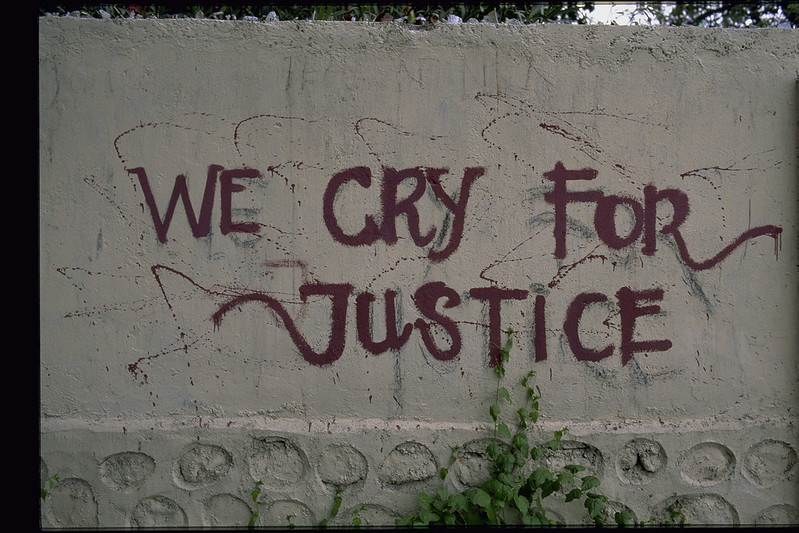Leading the Rounds: The Medical Leadership Podcast — “Drew Dudley on Day One Leadership and Lollipops for Patients”
“As long as we make leadership something bigger than us…we give ourselves an excuse not to expect it every day, from ourselves and from each other.” In this episode we interview Drew Dudley. Drew has been called one of the most inspirational TED speakers in the world, and he is on a mission to help people unlearn some dangerous lessons about leadership.









